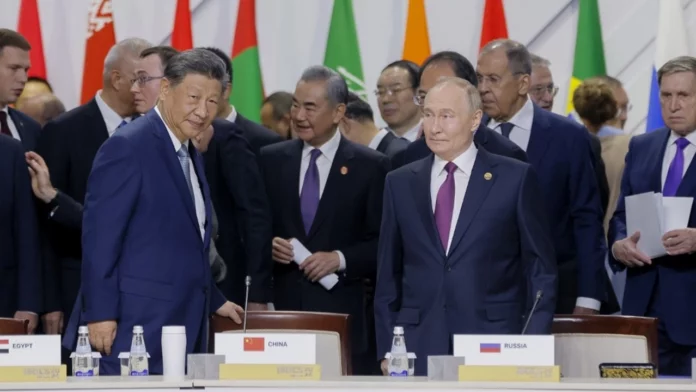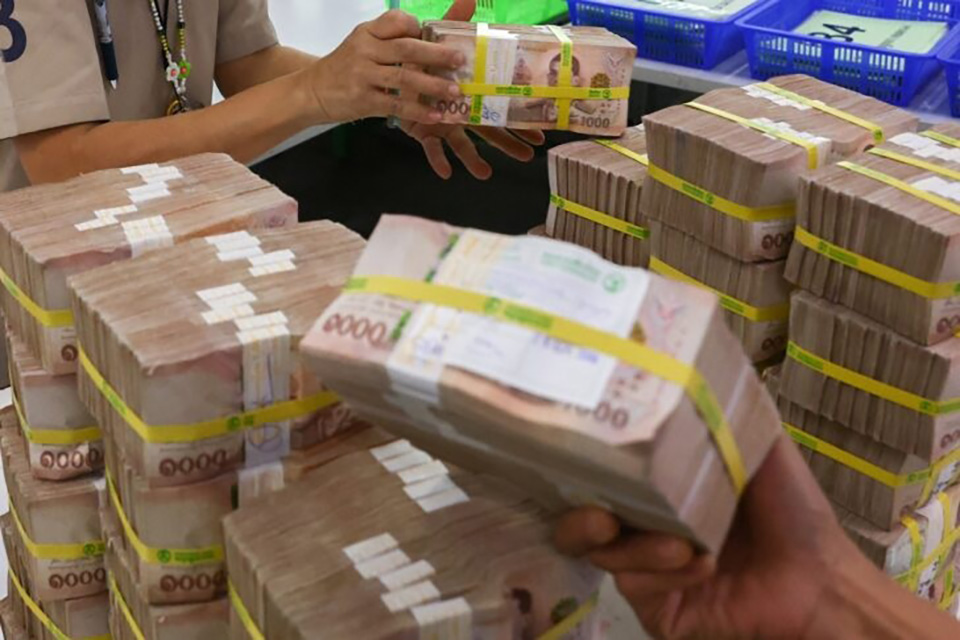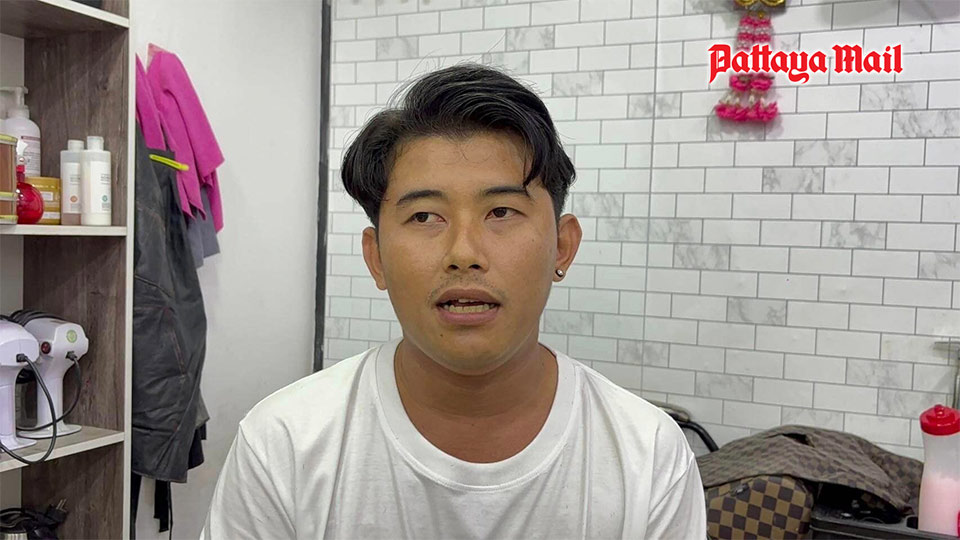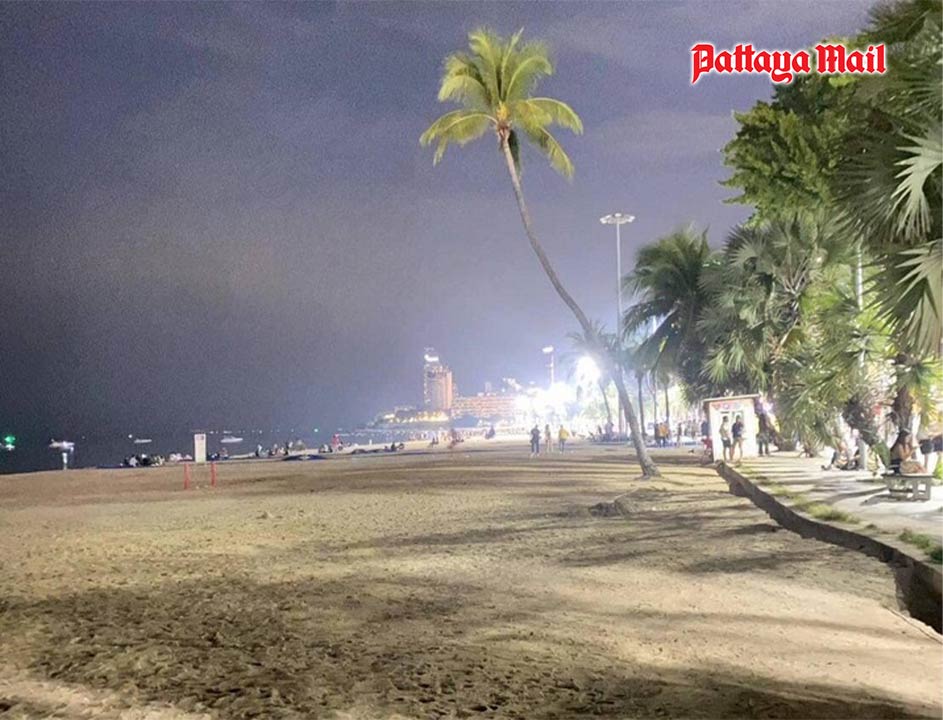National —
On October 24th, 2024, international news reports confirmed that 13 countries, including four ASEAN members—Malaysia, Indonesia, Vietnam, and Thailand—have joined BRICS as official partner nations, but not yet full members.
The official BRICS social media account on 'X' announced the partnerships on Thursday, listing Malaysia, Indonesia, Vietnam, and Thailand alongside Algeria, Belarus, Bolivia, Cuba, Kazakhstan, Nigeria, Turkey, Uganda, and Uzbekistan.
BRICS leaders view these additions as a step towards enhancing global South cooperation and trade, especially with a collective population exceeding 3.2 billion and a combined economic value of $28.5 trillion, accounting for 28% of the global economy. Established to counterbalance Western economic influence, the BRICS bloc has now extended its partnerships to include new emerging economies with rapid growth.
Political risk analyst Halmi Azri pointed out that ASEAN's partnership with BRICS offers broader trade opportunities and strengthens relations with China amid rising global instability, including the Ukraine and Middle Eastern conflicts.
Halmi noted that the ASEAN partners could become influential advocates for regional issues within BRICS, proposing collaborative developments and joint solutions across Asia.
Furthermore, Dr. Oh Ei Sun, a research fellow in Singapore, added that while ASEAN's ties with BRICS may increase China's influence in the region, ASEAN cohesion is expected to remain unaffected.
The step of becoming partners is seen by many analysts as a move forward towards eventual full membership to BRICS.






























